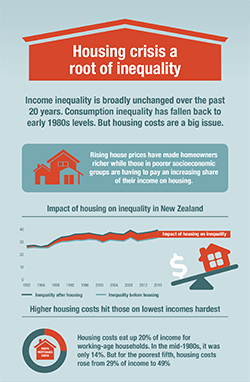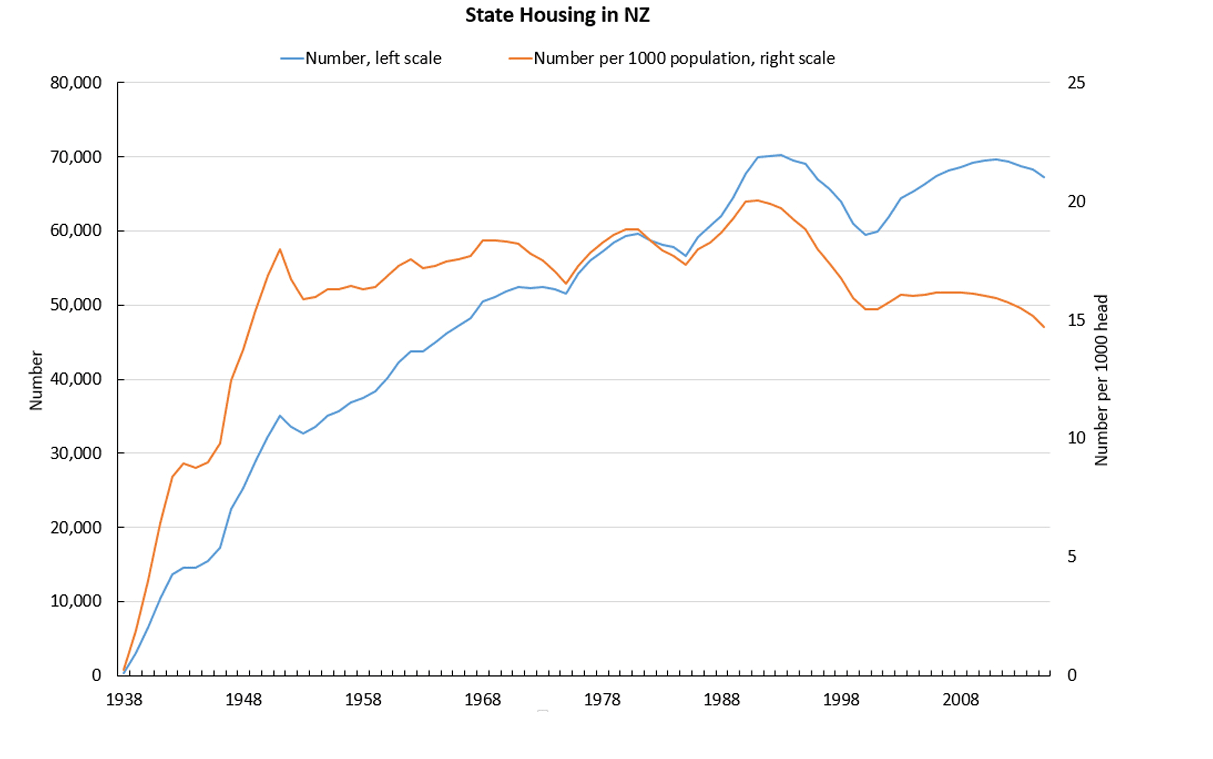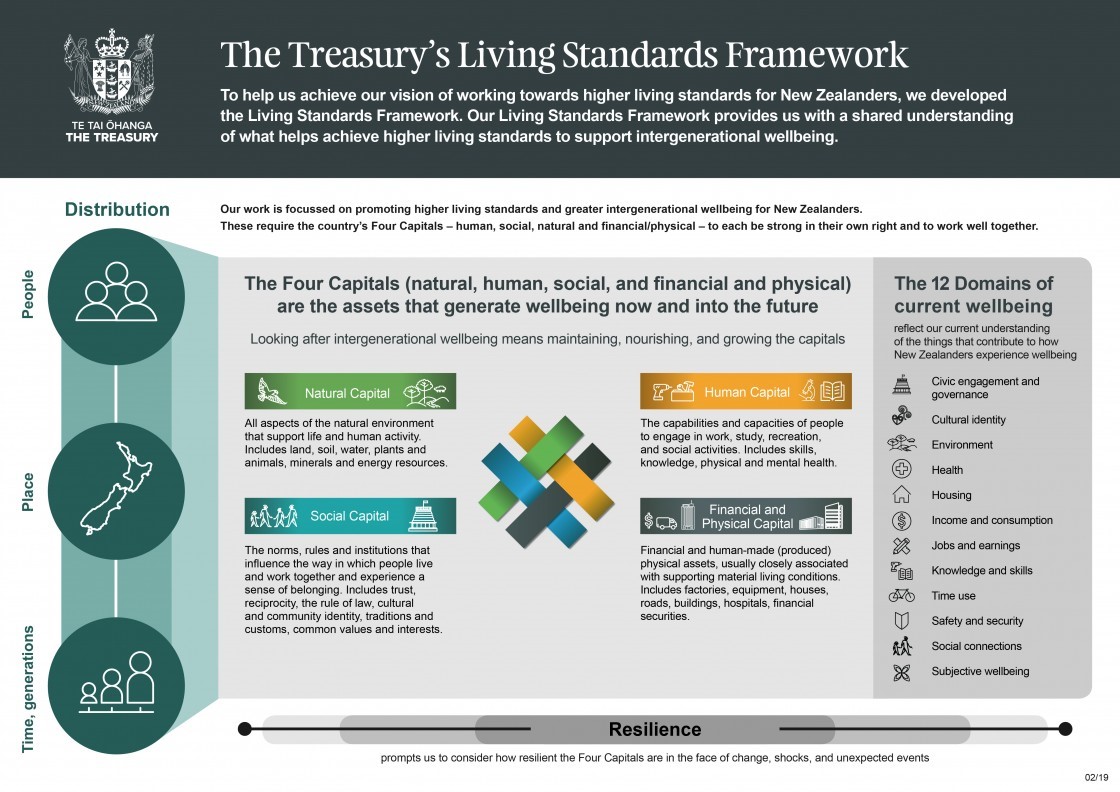Cost of Living Crisis
The nation is experiencing a significant cost of living crisis, characterized by rising expenses across various sectors:
Housing
Rents and property prices have escalated, making homeownership and rental accommodations increasingly unaffordable for many. This has forced many New Zealanders to live in overcrowded conditions, particularly in urban areas.
Utilities and Groceries
The costs of essential goods and services, including food and fuel, have surged, placing additional financial pressure on families. With inflation rising, grocery prices are higher than ever, leading to difficulties in maintaining basic household needs.
Public Services
In response to fiscal constraints, the government has implemented substantial public sector job cuts, affecting thousands of employees across various departments. These cuts have also strained vital services, such as healthcare and education, contributing to the growing crisis.
What’s Being Done?
The government has announced emergency measures, including financial assistance programs and initiatives to stabilize key industries. However, experts remain concerned about the long-term effects of these measures on the overall economy, as well as the country’s ability to recover in the short term.
Impact on Communities
Communities across the country are grappling with the immediate fallout, with many households struggling to make ends meet. The situation is particularly dire for low-income families and those living in rural areas, where access to essential services is limited.

Impact on Young People
The ongoing crisis in New Zealand, particularly the rising cost of living, has had a significant impact on young people. Many young adults are finding it increasingly difficult to secure employment, particularly in industries where wages are low. The cost of living is forcing many to delay major life decisions, such as buying a home or starting a family.
Furthermore, the uncertainty surrounding public services and job cuts has created an atmosphere of insecurity. This has led to increased stress and anxiety among young people, who fear for their future prospects in an unstable economy.

Government Response
In an effort to combat the economic crisis, the New Zealand government has implemented a variety of relief measures. These include increasing subsidies for housing and food, as well as offering tax breaks to businesses that hire unemployed individuals.
Additionally, the government is focusing on long-term solutions, such as investing in renewable energy projects to create more jobs. However, critics argue that these initiatives do not go far enough, and that more immediate action is required to stabilize the economy.

Social Unrest and Protests
The economic strain has led to widespread protests across New Zealand. Citizens are voicing their dissatisfaction with the government's handling of the crisis, and many fear that the measures taken are not enough to address the deep-rooted issues.
In response to these protests, the government has promised to review its policies and consult with communities to better understand the needs of the people. However, public opinion remains divided, and many are calling for more drastic reforms.
